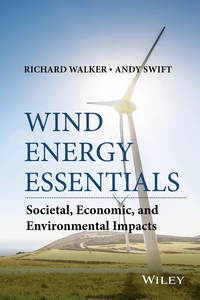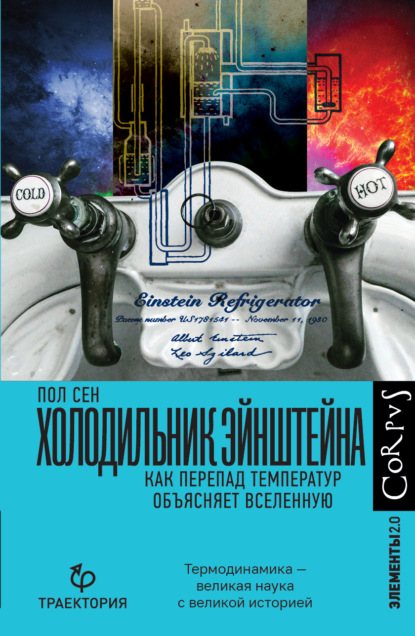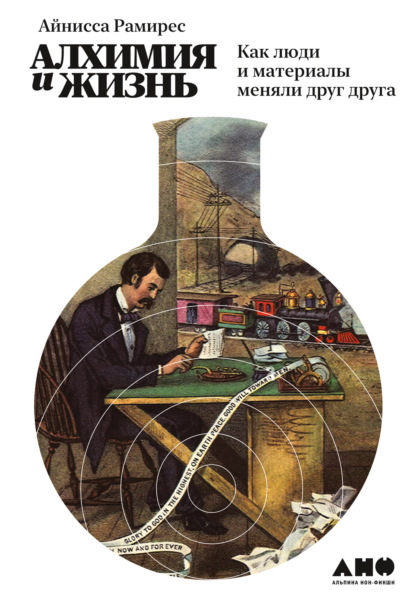Andrew Swift - Wind Energy Essentials. Societal, Economic, and Environmental Impacts

Examines the possible societal impacts of wind energy projects and explains the potential issues faced when siting, constructing, and operating a wind energy project. This book begins with a history of wind power and the social impacts of both electricity and wind power from a historical perspective, a discussion of basic electrical terms, and a primer on the conversion of power in the wind to electricity. Much of the second half of the book is devoted to comparing wind energy to other forms of electric generation, both renewable and non-renewable sources. In order to have a true understanding of the impact of wind energy on society, one also has to have a thorough understanding of the impacts that other sources of electric generation have, such as fossil-fuelled plants or nuclear power plants. The comparison of electric generation sources includes a review of how such sources are typically utilized within the electric system, as well as the economic factors and environmental considerations that affect which resources utilities or operators of electric grids have to take into account. The authors conclude with a discussion of energy policies in the U.S., individual states, and foreign nations, how these policies influence the use of renewable energy, and what our future may hold in terms of energy supply and demand. Some highlights of this book are: Discusses the wind energy impacts on the environment, local economy, electric utilities, individuals and communities Provides a visual explanation of wind energy principles through tables, graphs, maps, illustrations and photographs Offers a comprehensive overview of the issues associated with the creation and use of wind energy Models chapters around an existing university curriculum Spanning the broad range of environmental, financial, policy and other topics that define and determine the relationships between wind energy technology and our energy-dependent society, Wind Energy Essentials is a resource for students, universities, and the entire wind energy industry.









